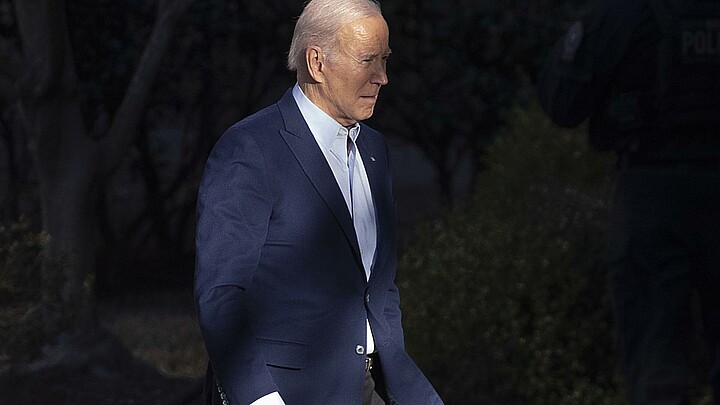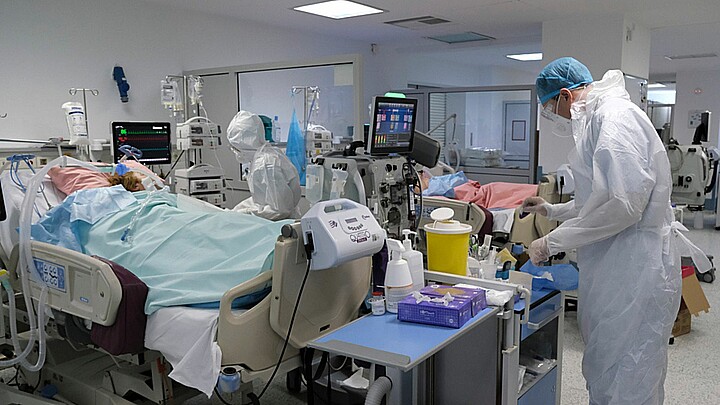Health
CDC shortens COVID isolation in half to 5 days
The CDC still recommends wearing a mask in public areas with higher levels of transmission regardless of vaccination status.
December 27, 2021 6:48pm
Updated: December 28, 2021 5:02pm
The U.S. Centers for Disease Control and Prevention (CDC) on Monday cut COVID-19 isolation times in half to five days and shortened the quarantine length for time close contacts.
The reduced isolation times come in response to the omicron variant and new data showing how the virus is transmitted.
People who test positive for COVID-19 are now recommended to isolate for five days and if they are asymptomatic, they may then leave quarantine and mask for five days. The CDC wrote in a press release that data shows the virus is transmitted "early in the course of illness, generally in the 1-2 days prior to onset of symptoms and the 2-3 days after."
If a vaccinated person is exposed to COVID, the CDC does not recommend that they isolate. However, the CDC shortened the quarantine period for someone who was exposed and is unvaccinated or has not been boosted 6 months after their mRNA vaccine dose. People in that group are recommended to isolate for 5 days after exposure and wear a mask for the next five days in public.
The CDC still recommends wearing a mask in public areas with higher levels of transmission regardless of vaccination status.
Data from South Africa and the United Kingdom shows that without a booster, the COVID-19 mRNA vaccines are 35% effective, but with the extra shot, the vaccines are 75% effective, according to the CDC.
"The Omicron variant is spreading quickly and has the potential to impact all facets of our society," CDC Director Dr. Rochelle Walensky said.
Early data so far has shown that omicron is far more transmissible than other variants, but cases may be milder. This has not stopped omicron from wreaking havoc. Thousands of airlines have canceled flights due to the variant.
"CDC’s updated recommendations for isolation and quarantine balance what we know about the spread of the virus and the protection provided by vaccination and booster doses. These updates ensure people can safely continue their daily lives," Walensky stated. "Prevention is our best option: get vaccinated, get boosted, wear a mask in public indoor settings in areas of substantial and high community transmission, and take a test before you gather."









